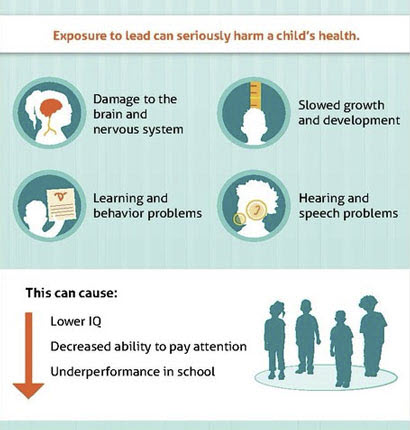
Mold is a type of fungus that can grow indoors and outdoors. It can be found in many different places, including homes, schools, businesses, and hospitals. Mold grows best in warm, moist environments, such as bathrooms, kitchens, and basements.
Mold can cause a variety of health problems, including:
- Allergic reactions: Mold can trigger allergic reactions in people who are sensitive to it. Symptoms of allergic reactions to mold can include sneezing, runny nose, itchy eyes, and skin rashes.
- Asthma attacks: Mold can trigger asthma attacks in people who have asthma. Symptoms of an asthma attack can include wheezing, shortness of breath, and coughing.
- Respiratory infections: Mold can cause respiratory infections, such as pneumonia and bronchitis. Symptoms of respiratory infections can include fever, cough, and shortness of breath.
- Eye irritation: Mold can irritate the eyes, causing redness, itching, and burning.
- Skin irritation: Mold can irritate the skin, causing redness, itching, and rash.
- Headaches: Mold can cause headaches in some people.
- Fatigue: Mold can cause fatigue in some people.
- Mold can also cause more serious health problems, such as:
- Stachybotrys chartarum (Stachybotrys): This type of mold can produce a toxin called Stachybotrys chartarum mycotoxin (SCM), which can cause serious health problems, including lung hemorrhage, acute respiratory distress syndrome (ARDS), and death.
- Aspergillus fumigatus: This type of mold can produce a toxin called aflatoxin, which can cause liver damage and cancer.
- Penicillium: This type of mold can produce a toxin called penicillin, which can cause allergic reactions and skin rashes.
If you think you may have been exposed to mold, it is important to see a doctor right away. There is no cure for mold-related health problems, but early diagnosis and treatment can help to improve the chances of recovery.
Here are some tips for preventing mold growth:
- Keep your home clean and dry.
- Fix any leaks in your home.
- Ventilate your home properly.
- Use a dehumidifier to control the humidity in your home.
- Avoid storing damp materials in your home.
- Dispose of moldy materials properly.
- If you see mold, clean it up immediately.
If you have mold in your home, it is important to have it removed by a professional. Do not attempt to remove mold yourself, as this can spread the mold spores and make the problem worse.


